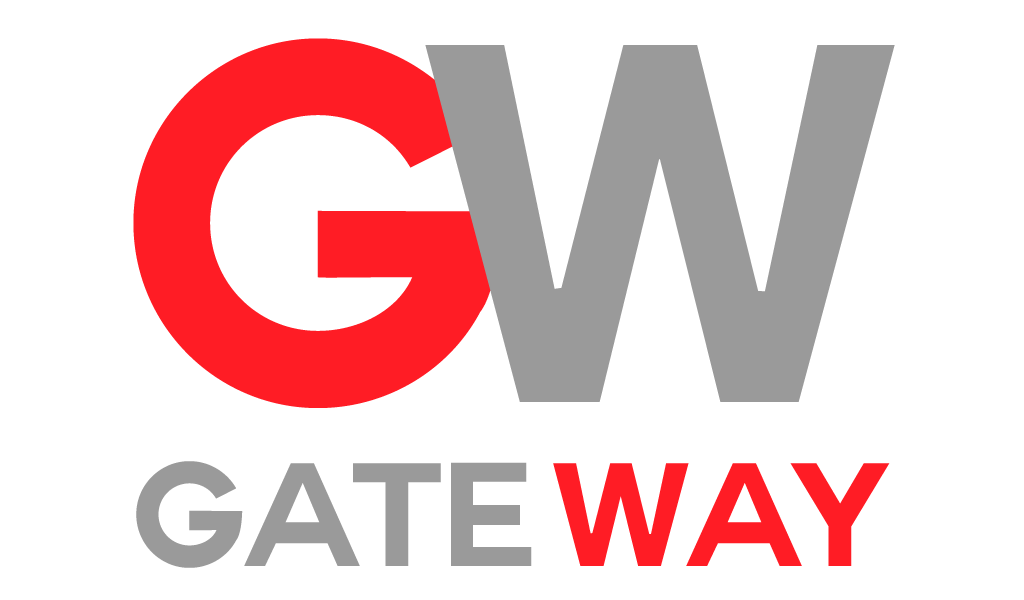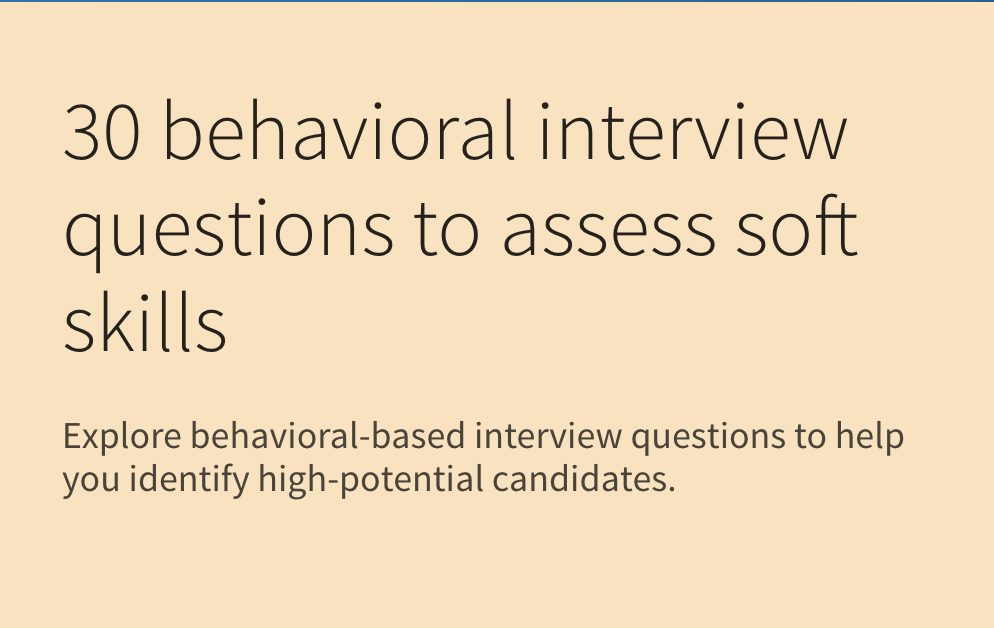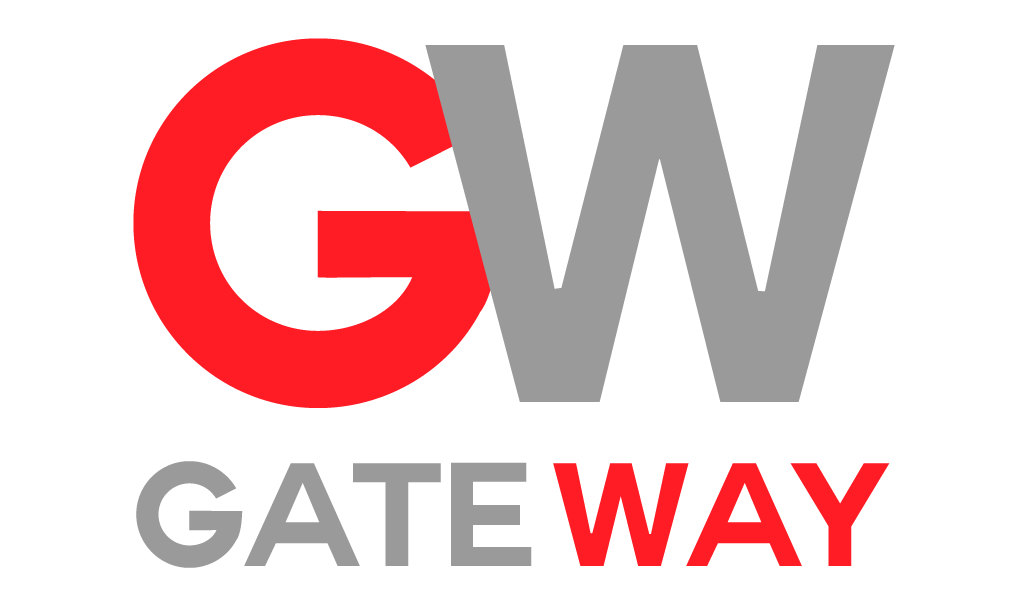I was reading this article on LinkedIn about soft skills and some excellent questions to ask to do a deep dive on assessing soft skills and then I started reflecting.
First off, what are soft skills?
Here at Gateway, we use Predictive Index to assess soft skills or as we call them “skills” or traits.
Hard skills are often thought of as what you’ve done or experience.
As anybody who has watched me play golf will know, I play a lot of golf so I am experienced. I’m absolutely useless at the stupid game though.
Despite that, golf is apparently a skill of mine.
But I digress.
So let’s look at the key areas of the article, take a look at their questions and I’ll tell you what we do and how we KNOW.
Adaptability
What the article is really asking is how conservative the candidate is or how much of a rules and process follower. We all want adaptable candidates don’t we?
Nope.
A typical rules and process follower is what we call a Guardian. My Controller is a Guardian. I’m totally comfortable in his accuracy, protecting against risk, caution. I have 2 recruiters who are what we call social profiles who are quite opposite, they’re salespeople. Again, ideal for their roles.
Culture Add
Culture add as opposed to culture fit is key to enhancing a company’s or team’s performance. Think of it in baseball terms, you don’t want 9 pitchers on the field. If you mix it up a bit you get overall better performance from the group as we do what we’re good at.
The key though is understanding where and how you want to add to culture. Elements of culture are largely soft skills so understanding what you have and what you need are the keys to making this work.
Collaboration
Let’s not get caught up with the beauty of collaboration. It’s neither good nor bad (actually, no behavioral traits are, they just are). A survey of a large sample of Predictive Index profiles show that most leaders are not in fact collaborators, they’re very independent. Either way, whatever you want, make sure that you get it right, it’s one of the more behavioral traits to shift.
Leadership
See “collaboration” above. Most leaders aren’t collaborative so if you interview somebody and see that they’re not collaborative then they may just be good leaders (that’s not to say that collaborators are bad leaders). A typical leadership soft skill is in fact soft skills; highly independent and outcome driven, two of them.
Growth Potential
I don’t really know what that means, I think it was just filler in the article. Are they adaptable or conservative? A joy for learning and being the expert in what they do? Outcome driven? All of these are measurable and coachable goals.
Prioritization
We all prioritize differently because we all work differently. Added to which, a big red flag for me would be “Is my manager always moving the goalposts on me?”
But let’s look at the two key ways of prioritizing. Somebody who has 50 gazillion tabs open on Google is probably deadline driven. If you’re not deadline driven then you were that annoying kid in school who started a project as soon as they got it (you know where I am on the scale).
Both types of person delivers, they just deliver differently.
Here’s the beauty of assessing somebody’s soft skills using a tool like PI, we go to the next level, we find out how they “flex” and where they realistically can’t.
With the interview guides that we give to our clients we can gain valuable insights into those soft skills as well as what they do to “flex” so if the candidate is collaborative by nature and we ask them about a time where they had to lead a project what other soft skill moves to accommodate? Do they become more extroverted, less process driven?
Want me to show you? 6 minutes of your life. Drop me a note.
Gareth Callaway
PRESIDENT



